Fantasy Football Week 1: Examining Trade Market for Top 100 Flex Players
Fantasy Football Week 1: Examining Trade Market for Top 100 Flex Players
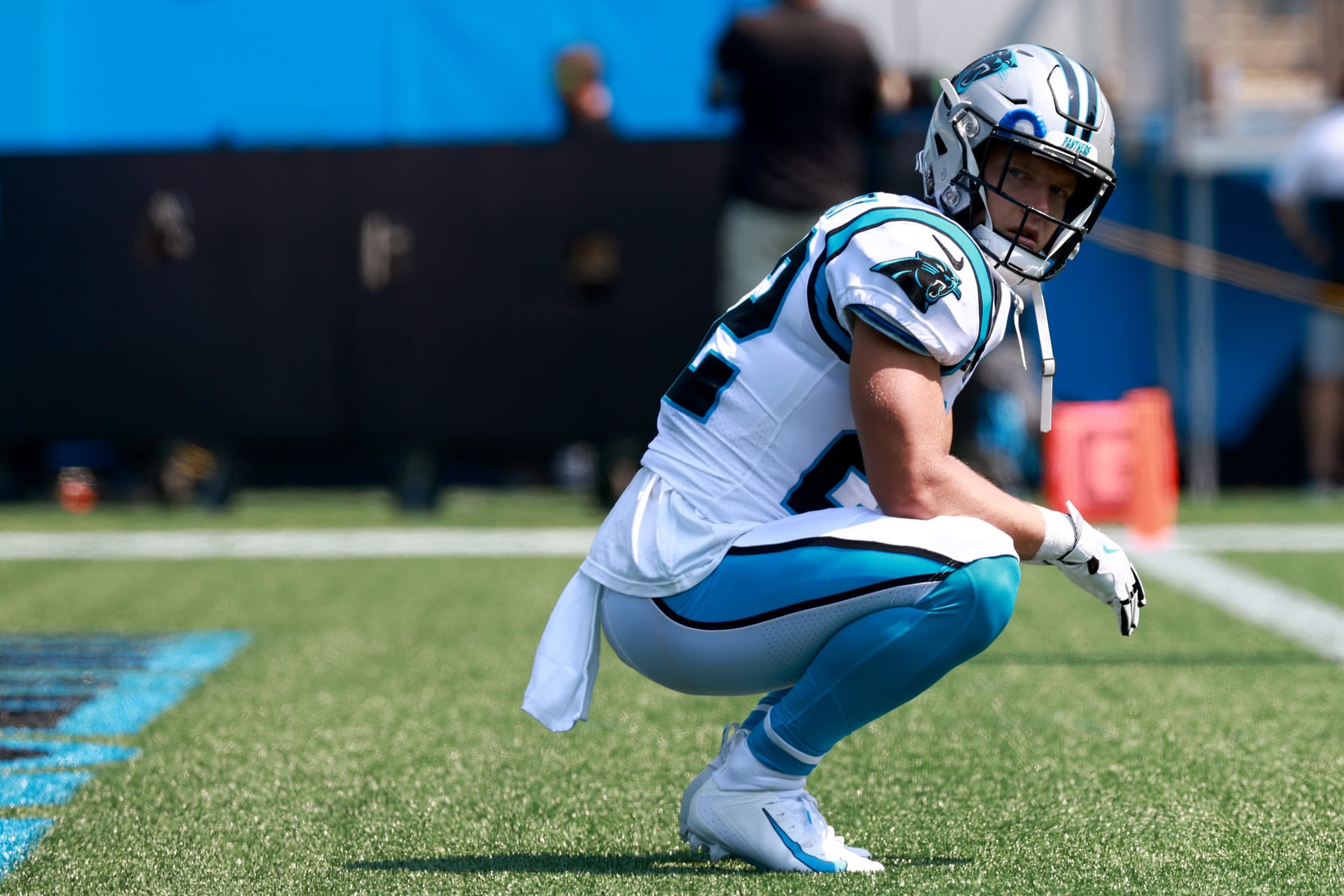
The start of the 2021 NFL season is just hours away, with Los Angeles Rams and Buffalo Bills kicking off the season on Thursday night.
This means it's time to pivot from fantasy-draft season to the season itself. Roster management, bye-week analysis and waiver-wire assessment are the new topics of conversation. For managers who cannot maximize their lineups using their depth charts and the wire, trades will also be part of the equation.
While trades usually aren't the focus this early in the season, injuries and unforeseen circumstances can make them necessary. Did you draft early and wind up with Marlon Mack, James Washington and Zach Wilson on your roster? It may be time to swing a trade.
We're here to help by providing an early trade-value chart. We'll be assigning point values to players based on factors like proven production, projected role, supporting cast and player health. The goal is to help you identify trades that have fair value for everyone involved.
Will trade values change as the season progresses? Absolutely, and be sure to trust your own instincts as well. We'll focus specifically on flex options here—running backs,
receivers and tight ends—and base choices on points-per-reception (PPR)
scoring.
Fantasy MVPs
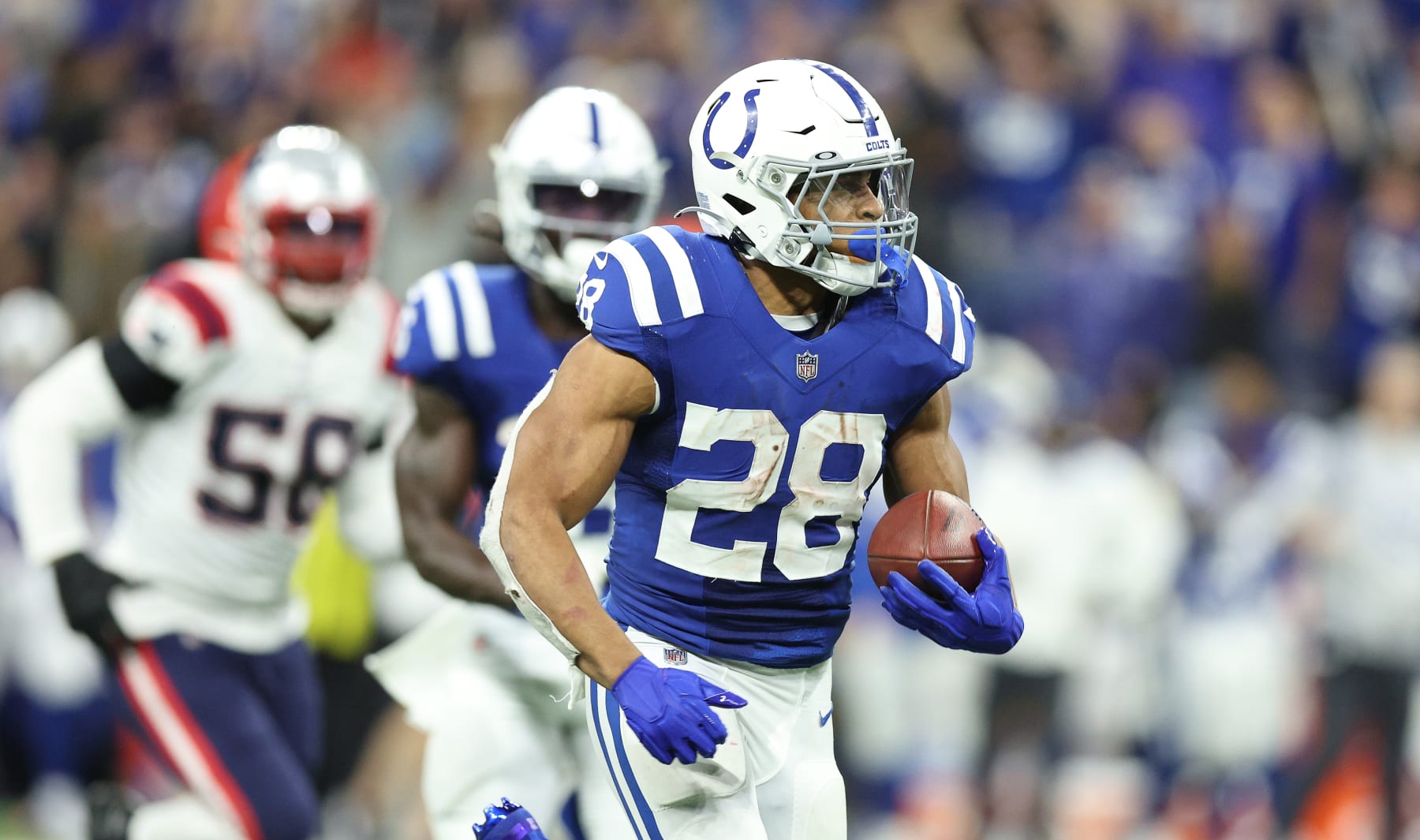
14 Points
1. Christian McCaffrey, RB, Carolina Panthers
2. Jonathan Taylor, RB, Indianapolis Colts
3. Austin Ekeler, RB, Los Angeles Chargers
4. Dalvin Cook, RB, Minnesota Vikings
When we put together last year's Week 1 trade chart, we had a "do not trade" list at the top. We're scrapping it this year for a couple of reasons. For one, injuries and unexpected developments will occur, and there's no such thing as a truly "safe pick."
Secondly, there's a wide second tier this year, based largely on the fact that there are so many good receivers and complementary backs out there. It won't be as challenging as in years past to find multiple 1,000-yard players after the first and second rounds.
Instead, we have one top tier broken into two subcategories. The first is our Fantasy MVPs group, a collection of four running backs who stand above everyone else in terms of fantasy floor.
Christian McCaffrey, Jonathan Taylor, Austin Ekeler and Dalvin Cook should see the weekly workloads necessary to avoid busting in any given matchup. They're as close to a "sure thing" as a manager can find, and their trade value should reflect that.
However, giving up McCaffrey or Taylor for, say, Justin Jefferson can make sense if you're getting another solid player back in the deal.
Top Tier, Part 2
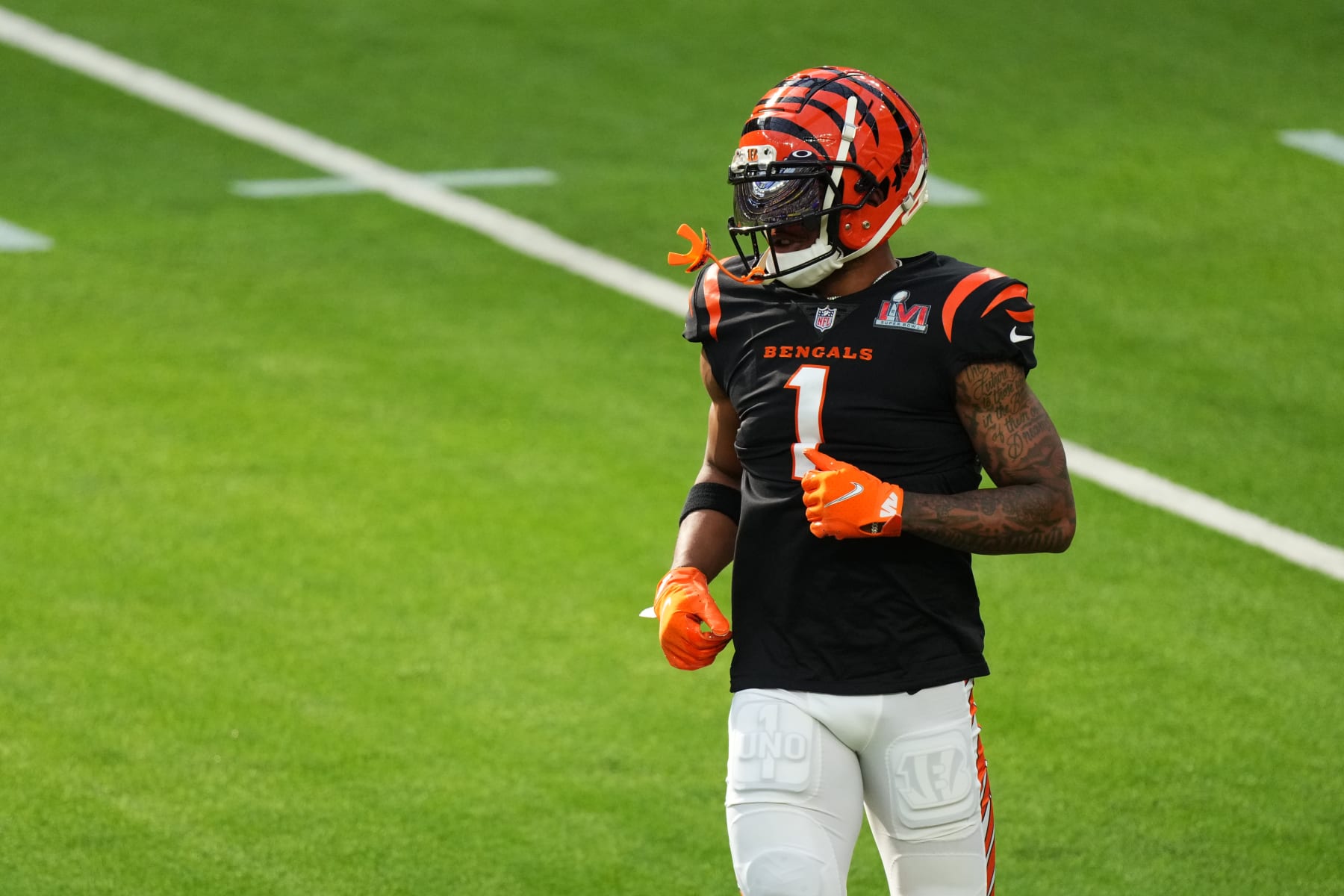
12 points
5. Justin Jefferson, WR, Minnesota Vikings
6. Cooper Kupp, WR, Los Angeles Rams
7. Najee Harris, RB, Pittsburgh Steelers
8. Derrick Henry, RB, Tennessee Titans
9. Joe Mixon, RB, Cincinnati Bengals
11 Points
10. Ja'Marr Chase, WR, Cincinnati Bengals
11. D'Andre Swift, RB, Detroit Lions
12. Travis Kelce, TE, Kansas City Chiefs
13. Davante Adams, WR, Las Vegas Raiders
14. Alvin Kamara, RB, New Orleans Saints
15. Stefon Diggs, WR, Buffalo Bills
This is the rest of the top tier, a group of players who will be fantasy centerpieces and league-winners.
Though not quite as valuable as the Big Four, players such as Justin Jefferson, Davante Adams, Derrick Henry and Travis Kelce are viable first-round targets and players you shouldn't look to trade under most circumstances.
These players don't quite have the same reliable floor as the MVP group, but a player like Ja'Marr Chase could finish at the top of the scoring chart in any given week.
"You can't [stop him]. I'm gonna be honest, you can't," Cincinnati Bengals cornerback Mike Hilton said of Chase, per James Rapien of FanNation.
In the rare instance you're looking to trade a top-tier player, don't take anything less than a second-tier name as part of the package. Surrendering a 12-point player like Najee Harris for a pair of six-point players isn't a fair trade. Why? Because you're significantly downgrading at one starting spot and probably not upgrading at another.
Trading a 12-point player for a 9-point player and a 6-point
player is far fairer, even if the math isn't equal. Remember, in a one-for-two trade, you're going to end up cutting someone along the way.
The Second Tier
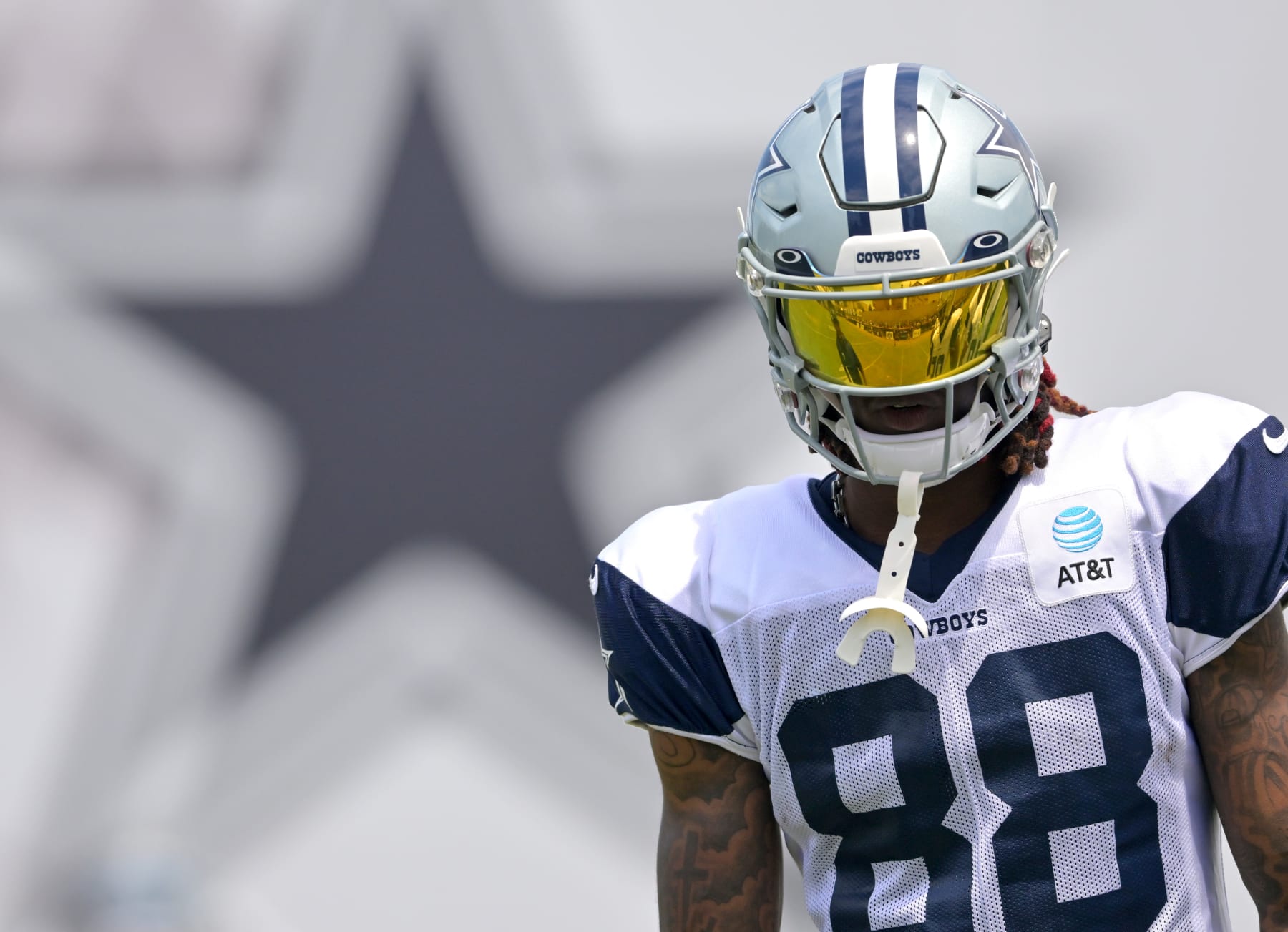
10 Points
16. Saquon Barkley, RB, New York Giants
17. Aaron Jones, RB, Green Bay Packers
18. CeeDee Lamb, WR, Dallas Cowboys
19. Mark Andrews, TE, Baltimore Ravens
20. Leonard Fournette, RB, Tampa Bay Buccaneers
21. Tyreek Hill, WR, Miami Dolphins
22. Mike Evans, WR, Tampa Bay Buccaneers
23. Keenan Allen, WR, Los Angeles Chargers
24. Javonte Williams, RB, Denver Broncos
25. Deebo Samuel, WR, San Francisco 49ers
9 Points
26. Michael Pittman Jr., WR, Indianapolis Colts
27. A.J. Brown, WR, Philadelphia Eagles
28. Nick Chubb, RB, Cleveland Browns
29. Kyle Pitts, TE, Atlanta Falcons
30. Tee Higgins, WR, Cincinnati Bengals
31. James Conner, RB, Arizona Cardinals
32. DJ Moore, WR, Carolina Panthers
8 Points
33. Travis Etienne Jr., RB, Jacksonville Jaguars
34. Ezekiel Elliott, RB, Dallas Cowboys
35. Diontae Johnson, WR, Pittsburgh Steelers
36. Courtland Sutton, WR, Denver Broncos
37. Mike Williams, WR, Los Angeles Chargers
When it comes to flex players, your top three are typically going to be the biggest producers. You should have at least one RB and one WR in the group, with elite tight ends Travis Kelce, Mark Andrews and Kyle Pitts potentially serving as de facto WR1s.
Your second tier is where you want to round out your core group and where you should draw the line when looking for an RB1 or WR1. If, for example, you drafted three running backs to start your draft and are light on receivers, trading for Mike Evans or CeeDee Lamb could still get you a low-end WR1.
In the second tier, you're looking for players who simply aren't coming out of the starting lineup, except for when injured or on bye. Don't trade away an eight-point player for a pair of four-point depth pieces unless you've somehow managed to draft more of them than you have starting slots.
Third Tier
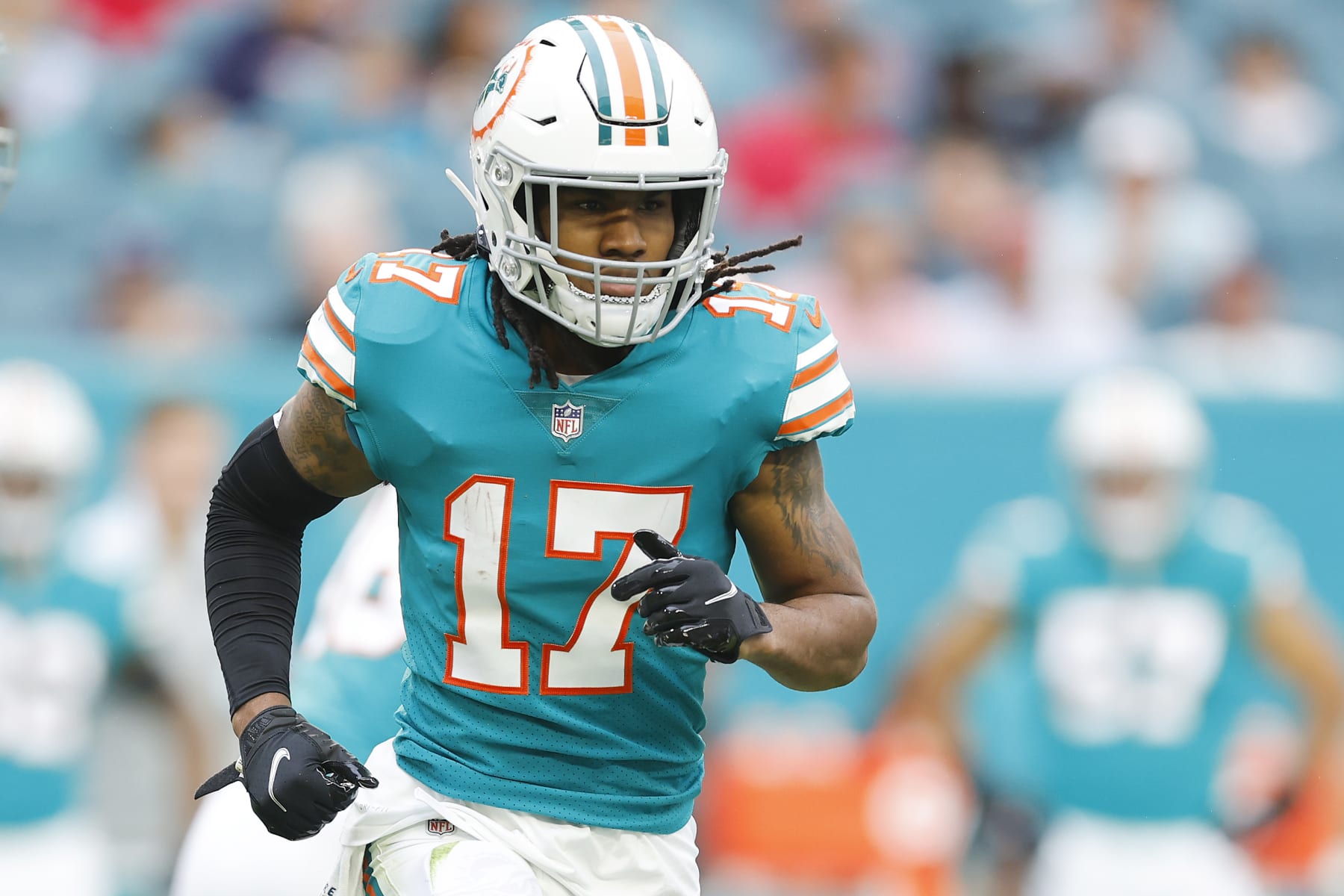
7 Points
38. Jaylen Waddle, WR, Miami Dolphins
39. David Montgomery, RB, Chicago Bears
40. Terry McLaurin, WR, Washington Commanders
41. Brandin Cooks, WR, Houston Texans
42. Breece Hall, RB, New York Jets
43. AJ Dillon, RB, Green Bay Packers
44. George Kittle, TE, San Francisco 49ers
45. Allen Robinson II, WR, Los Angeles Rams
6 Points
46. DK Metcalf, WR, Seattle Seahawks
47. Elijah Mitchell, RB, San Francisco 49ers
48. Darren Waller, TE, Las Vegas Raiders
49. Marquise Brown, WR, Arizona Cardinals
50. Chase Edmonds, RB, Miami Dolphins
51. Darnell Mooney, WR, Chicago Bears
52. Amon-Ra St. Brown, WR, Detroit Lions
53. Michael Thomas, WR, New Orleans Saints
54. Rashod Bateman, WR, Baltimore Ravens
55. Chris Godwin, WR, Tampa Bay Buccaneers
56. Jerry Jeudy, WR, Denver Broncos
57. Dalton Schultz, TE, Dallas Cowboys
The third tier is where your meat-and-potatoes fantasy players reside.
Potential WR2s such as Jaylen Waddle or Amon-Ra St. Brown will come from this group, as will flex-level RBs like Elijah Mitchell and mid-level starting tight ends like Dalton Schultz.
The third tier is also where you'll likely do the most trading. These are starting-caliber fantasy options, but they're not going to crack every lineup and could be outproduced by late-round sleepers.
However, you're still in a range where point values should be equal. If you're heavy on RBs but light on receivers, you don't want to trade a seven-point running back for a four-point receiver.
A trade that sends out David Montgomery (seven points) for Adam Thielen (four points) and Tyler Lockett (three points) is far fairer.
Middle Tier
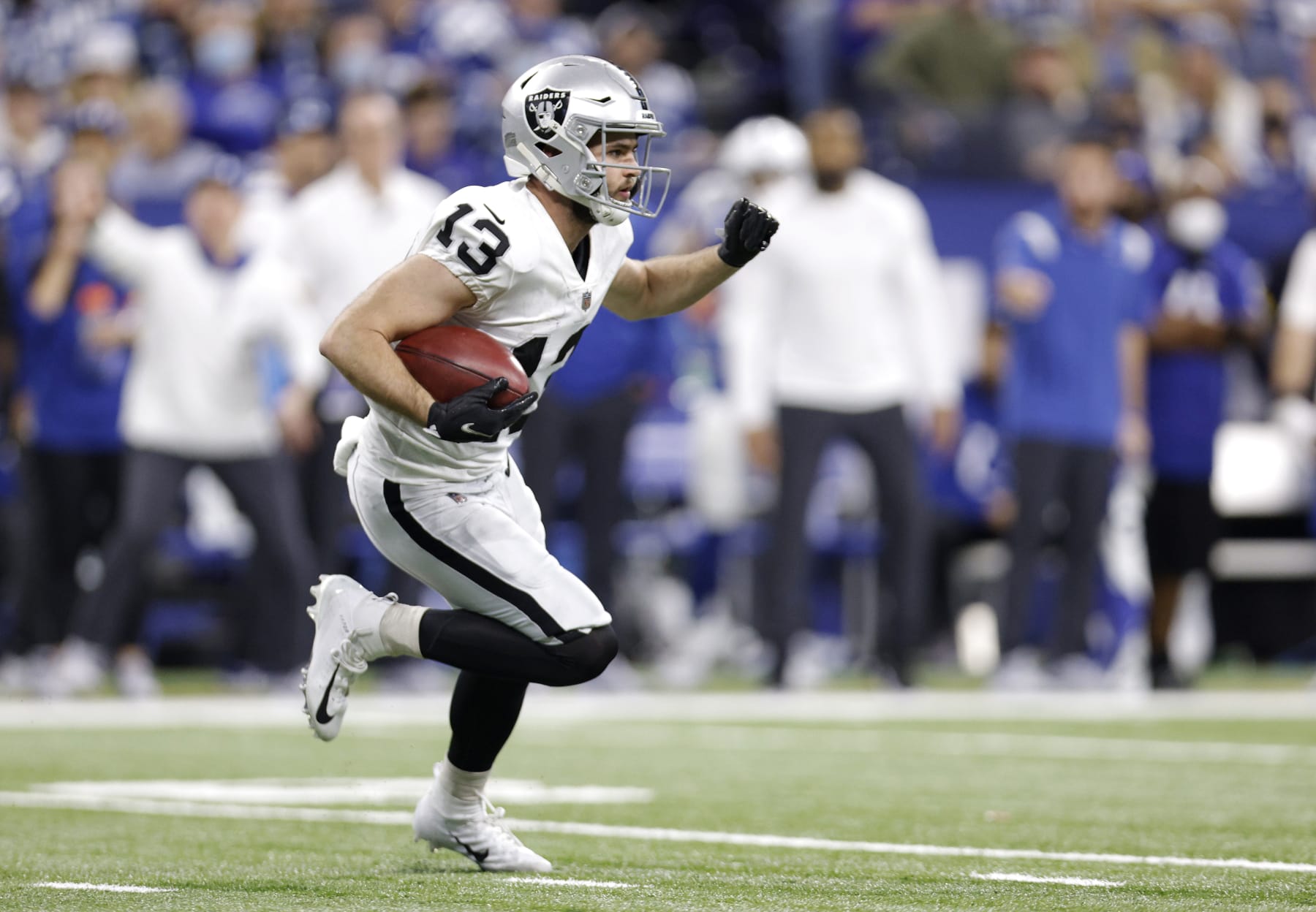
5 Points
58. JuJu Smith-Schuster, WR, Kansas City Chiefs
59. Cam Akers, RB, Los Angeles Rams
60. Clyde Edwards-Helaire, RB, Kansas City Chiefs
61. Antonio Gibson, RB, Washington Commanders
62. Dameon Pierce, RB, Houston Texans
63. Gabriel Davis, WR, Buffalo Bills
64. Kareem Hunt, RB, Cleveland Browns
65. Elijah Moore, WR, New York Jets
66. Tony Pollard, RB, Dallas Cowboys
67. Amari Cooper, WR, Cleveland Browns
4 Points
68. Dallas Goedert, TE, Philadelphia Eagles
69. Rhamondre Stephenson, RB, New England Patriots
70. Adam Thielen, WR, Minnesota Vikings
71. Damien Harris, RB, New England Patriots
72. Cordarrelle Patterson, RB, Atlanta Falcons
73. Rashaad Penny, RB, Seattle Seahawks
74. T.J. Hockenson, TE, Detroit Lions
75. Miles Sanders, RB, Philadelphia Eagles
76. Hunter Renfrow, WR, Las Vegas Raiders
Five- and four-point players will make up the majority of your trade fodder, and their value will depend heavily on your individual needs. These are low-end positional starters and flex streamers, but there isn't a must-start name to be found in the middle tier.
Las Vegas Raiders wideout Hunter Renfrow, for example, might be a regular WR2 in one lineup and a situational flex in another.
Try not to overthink trades involving players from this group. If Renfrow or Miles Sanders only makes it into your starting lineup once every three weeks, then he's expendable enough to deal for a position you really need, even if the point values aren't equal.
Trading your fifth WR and a five-point player for a third RB and a three-point player, is perfectly acceptable—assuming you can't find better value on the waiver wire.
Lower Tier
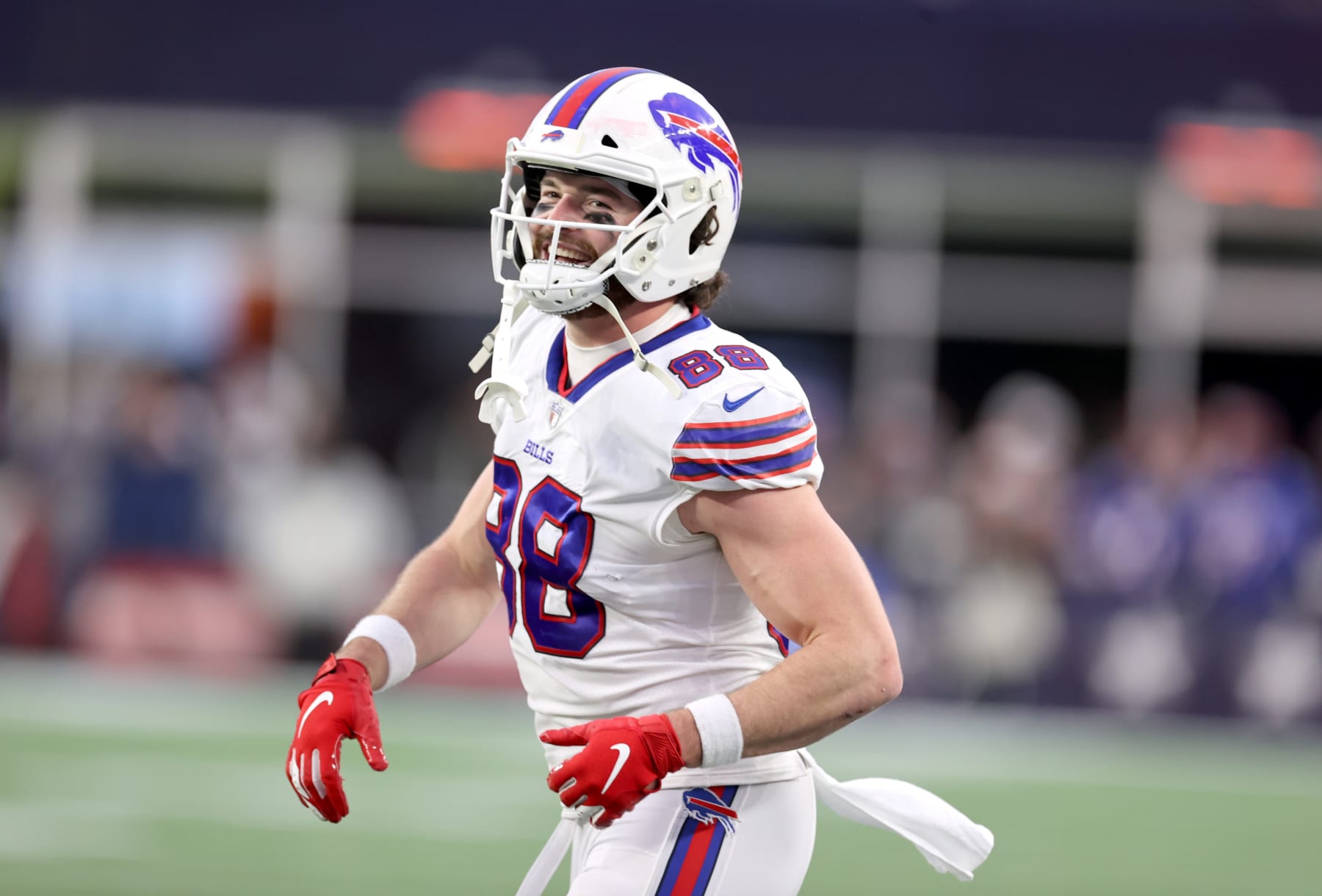
3 Points
77. Devin Singletary, RB, Buffalo Bills
78. DeVonta Smith, WR, Philadelphia Eagles
79. Brandon Aiyuk, WR, San Francisco 49ers
80. Melvin Gordon III, RB, Denver Broncos
81. Christian Kirk, WR, Jacksonville Jaguars
82. Zach Ertz, TE, Arizona Cardinals
83. Allen Lazard, WR, Green Bay Packers
84. Drake London, WR, Atlanta Falcons
85. Tyler Lockett, WR, Seattle Seahawks
2 Points
86. Robert Woods, WR, Tennessee Titans
87. Nyheim Hines, RB, Indianapolis Colts
88. Cole Kmet, TE, Chicago Bears
89. DeAndre Hopkins, WR, Arizona Cardinals
90. Dawson Knox, TE, Buffalo Bills
91. Darrell Henderson Jr., RB, Los Angeles Rams
92. James Cook, RB, Buffalo Bills
93. Chris Olave, WR, New Orleans Saints
94. Pat Freiermuth, TE, Pittsburgh Steelers
95. Chase Claypool, WR, Pittsburgh Steelers
96. Jakobi Meyers, WR, New England Patriots
97. Tyler Boyd, WR, Cincinnati Bengals
98. J.D. McKissic, RB, Washington Commanders
99. Michael Carter, RB, New York Jets
100. James Robinson, RB, Jacksonville Jaguars
Lower-tier players are primarily flex options and depth pieces. These are the pawns of fantasy. They're necessary to win a championship, but they're largely interchangeable and the first to go when making room for a waiver claim.
The exception to this is at tight end. A starting-caliber tight end such as Cole Kmet or Dawson Knox will fall into the low tier for one simple reason: If you already have a starter at TE, you're not usually looking for a second one. Running backs and receivers are almost always more valuable in the flex than tight ends.
When approaching trades, this is often the tier you'll examine to sweeten the pot. If you're looking to swap a top-level receiver for a top-level running back, you might toss in a running back like Devin Singletary or Nyheim Hines to get the deal done.
Players outside of the top 100 should be viewed as throw-ins when it comes to trade value, and they usually won't shift the balance of a deal. They're unlikely to make your starting lineup, even as flex options, and managers should be able to find comparable value on the waiver wire.
If a manager is offering you a player outside of the top 100 as part of a deal, any value you place on him should be purely positional.
